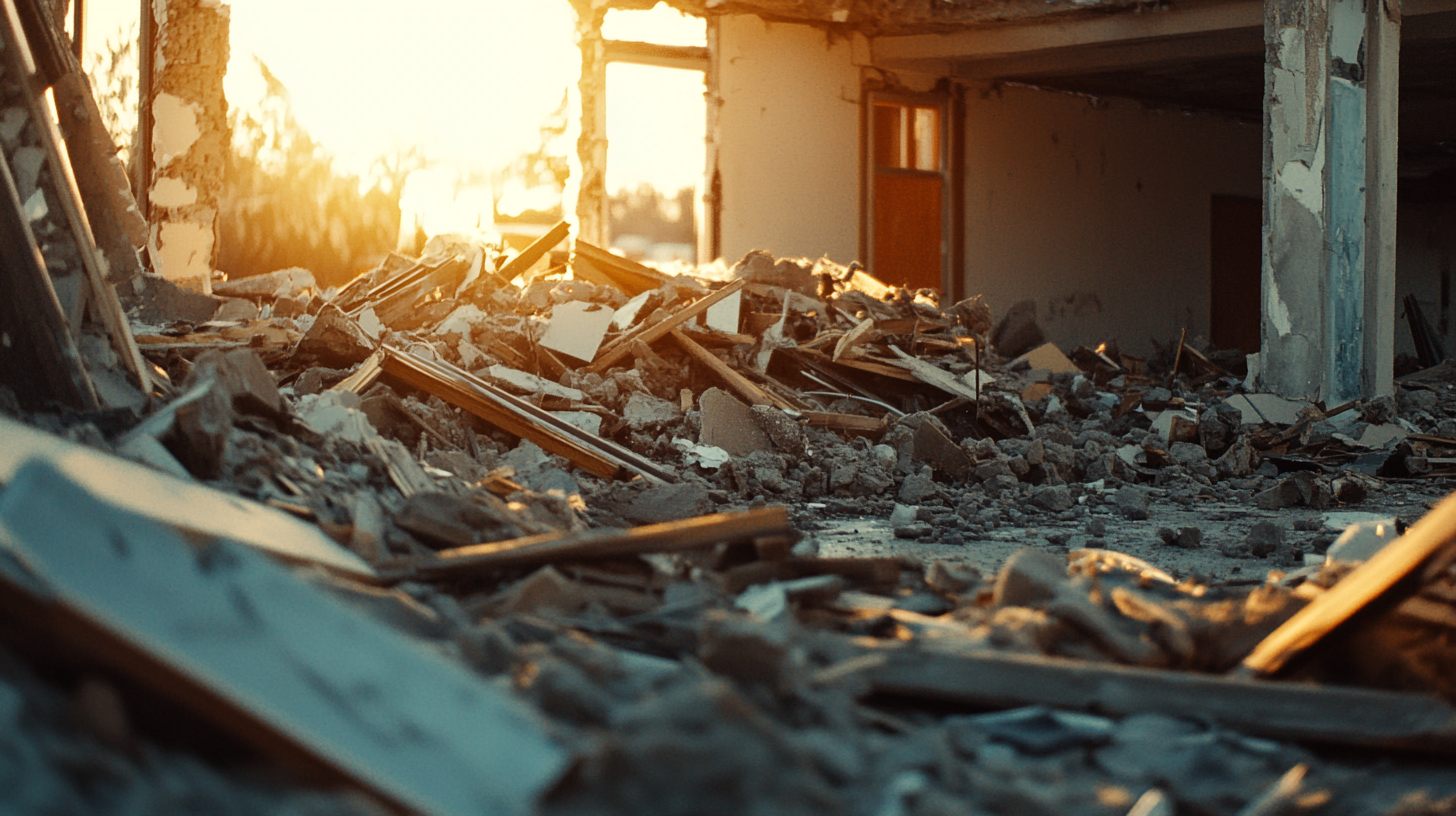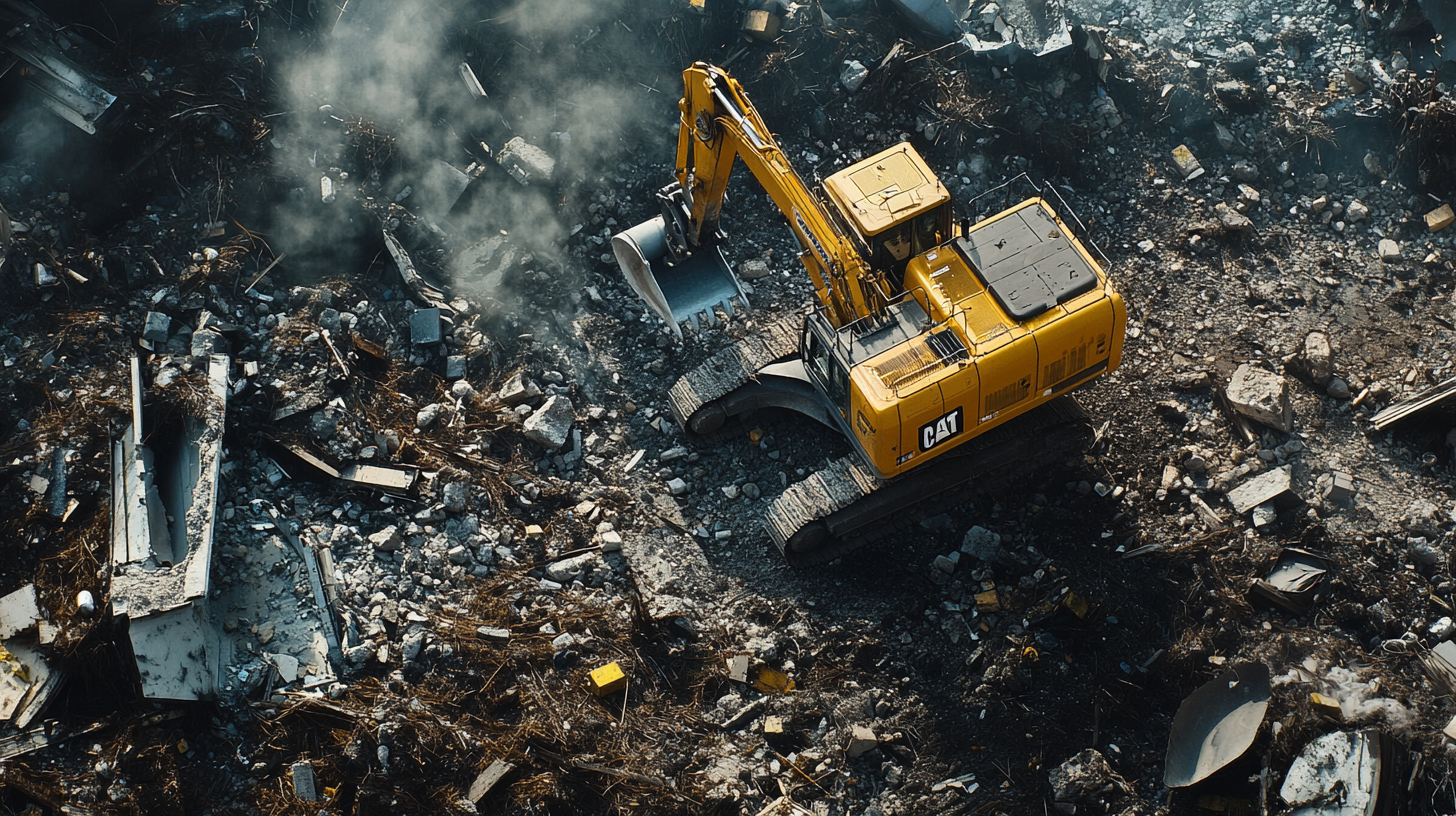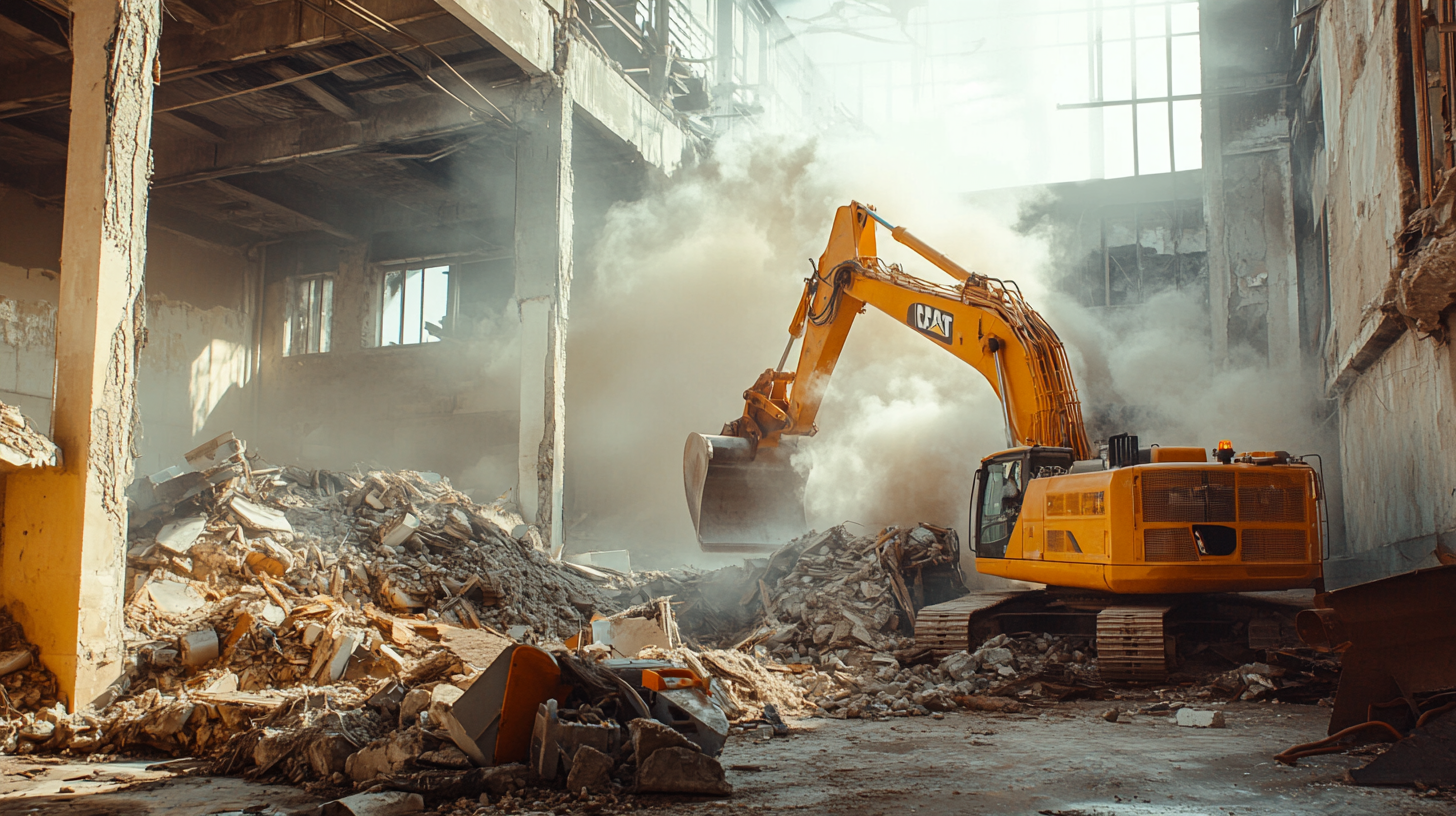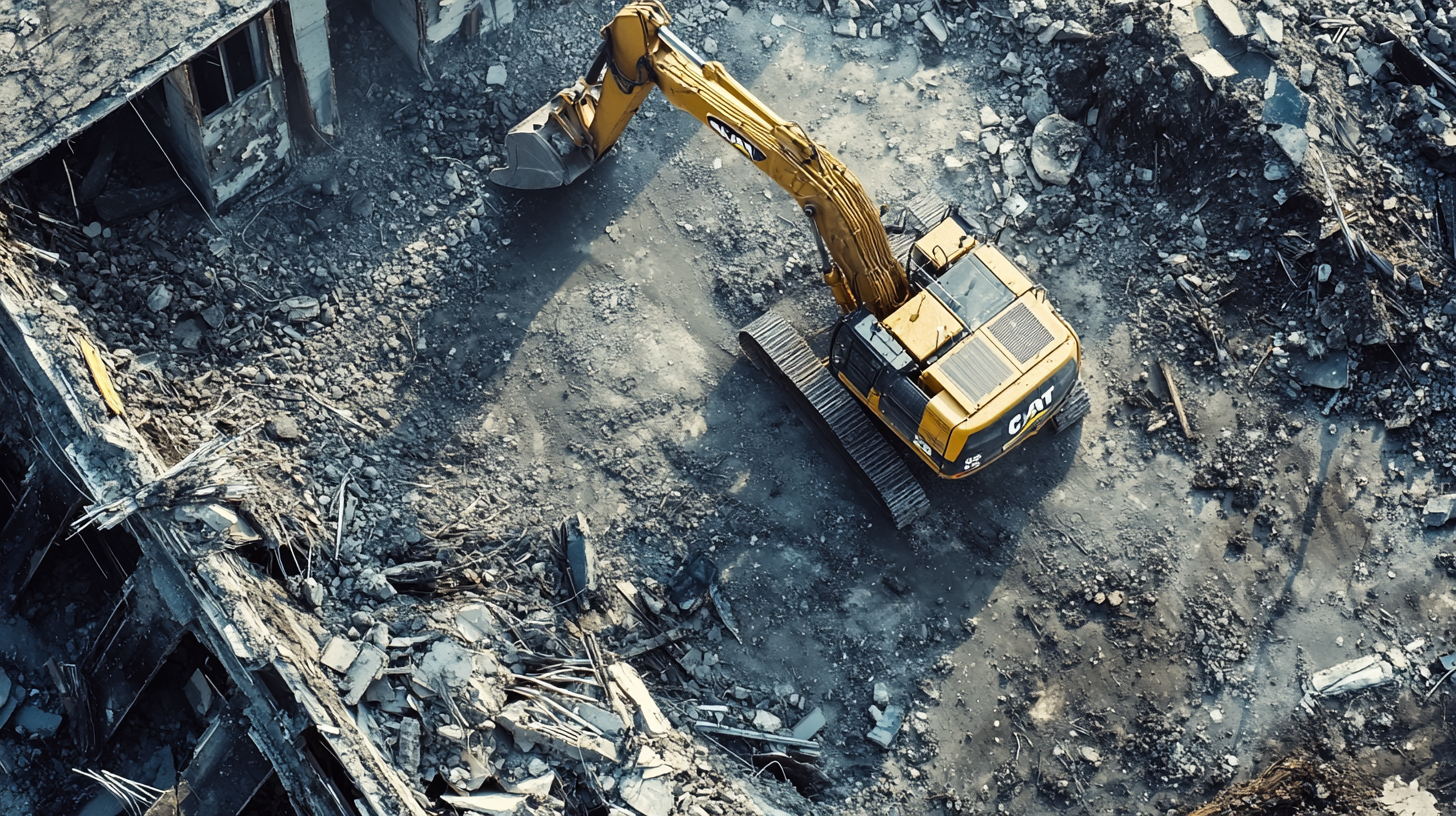Welcome to our blog on "Expert Techniques for Waterproofing Basement Floor." When it comes to protecting your home from water damage, waterproofing the basement floor is a crucial step. A wet or damp basement can lead to a range of issues, from mold and mildew growth to structural damage, making it essential to employ expert techniques for an effective and long-lasting waterproofing solution. In this comprehensive guide, we will explore the top techniques and tips used by professionals to keep your basement floor dry, secure, and free from water-related problems.
Why Basement Floor Waterproofing is Crucial for a Dry Home
Basement floor waterproofing plays a pivotal role in maintaining a dry and secure home. A wet or damp basement can be a breeding ground for mold and mildew, posing health risks to you and your family. Moreover, excess moisture can seep into the foundation and weaken its structural integrity over time, leading to costly repairs. By investing in basement floor waterproofing, you create a reliable barrier against water intrusion, ensuring a healthier living environment and safeguarding your home's foundation from potential water-related damages.
Beyond health and structural concerns, waterproofing the basement floor can also protect your belongings and living space. Basements are often used for storage or converted into living areas, and a dry basement ensures that your possessions remain safe from water damage. Additionally, waterproofing helps maintain a comfortable indoor environment by reducing humidity levels and preventing musty odors. Whether you have an unfinished basement or a fully furnished living space, basement floor waterproofing is a critical measure to ensure a dry, secure, and pleasant home for you and your family.
Comparing Different Waterproofing Products for Basement Floors
When it comes to waterproofing basement floors, there is a wide range of products available on the market. Each product comes with its unique features and benefits, making it essential to compare them to find the best fit for your specific needs. One of the most popular options is epoxy coatings, which create a seamless and durable barrier against water intrusion. Epoxy coatings are not only waterproof but also resistant to chemicals and abrasion, making them an excellent choice for basements that experience heavy foot traffic or potential exposure to spills.
Another effective option is concrete sealers, which penetrate the porous surface of the concrete and form a protective barrier. Concrete sealers are available in various types, such as penetrating sealers, acrylic sealers, and polyurethane sealers, each offering different levels of water resistance. Additionally, for areas prone to significant water issues, consider using a waterproofing membrane. These membranes are typically applied before the final flooring and act as a reliable waterproof barrier, preventing water from seeping into the basement floor and potentially causing damage. By comparing the different waterproofing products available, you can make an informed decision and choose the product that best suits your basement's specific requirements, ensuring a dry and protected living space for years to come.
Hiring a Professional vs. DIY Basement Floor Waterproofing: What to Consider
When it comes to waterproofing your basement floor, one of the most critical decisions is whether to hire a professional or tackle the project as a DIY endeavor. Both options come with their pros and cons, and understanding these factors can help you make an informed choice. Hiring a professional waterproofing company offers the advantage of expertise and experience. Professionals have the knowledge and tools to assess your basement's unique needs and provide tailored solutions for effective waterproofing. They can identify potential issues that may go unnoticed and ensure a comprehensive and long-lasting waterproofing system.
On the other hand, opting for a DIY approach can be appealing for budget-conscious homeowners and those who prefer a hands-on approach to home improvement projects. DIY basement floor waterproofing allows you to customize the project to your liking and work at your own pace. However, it's crucial to consider your level of expertise and the complexity of the task. Basement waterproofing can be challenging and requires a good understanding of the specific techniques and materials needed for a successful outcome. If you have little experience or are unsure about the process, consulting a professional may provide you with peace of mind and ensure that your basement floor is adequately protected against water intrusion. Weighing the pros and cons of hiring a professional versus DIY basement floor waterproofing will help you make the best decision for your home and ultimately ensure a dry and secure basement space.
FAQs
Contact Bull City Crawlspace Today!
Bull City Crawlspace will do everything we can to ensure your experience with us is excellent.
Request A FREE Estimate
Request a Free Estimate Form
Checkout Recent Post




Got a Question? We’re Here to Help.
You can arrange an appointment or make an enquiry by phone or email, orget in touch to us via our contact form.

